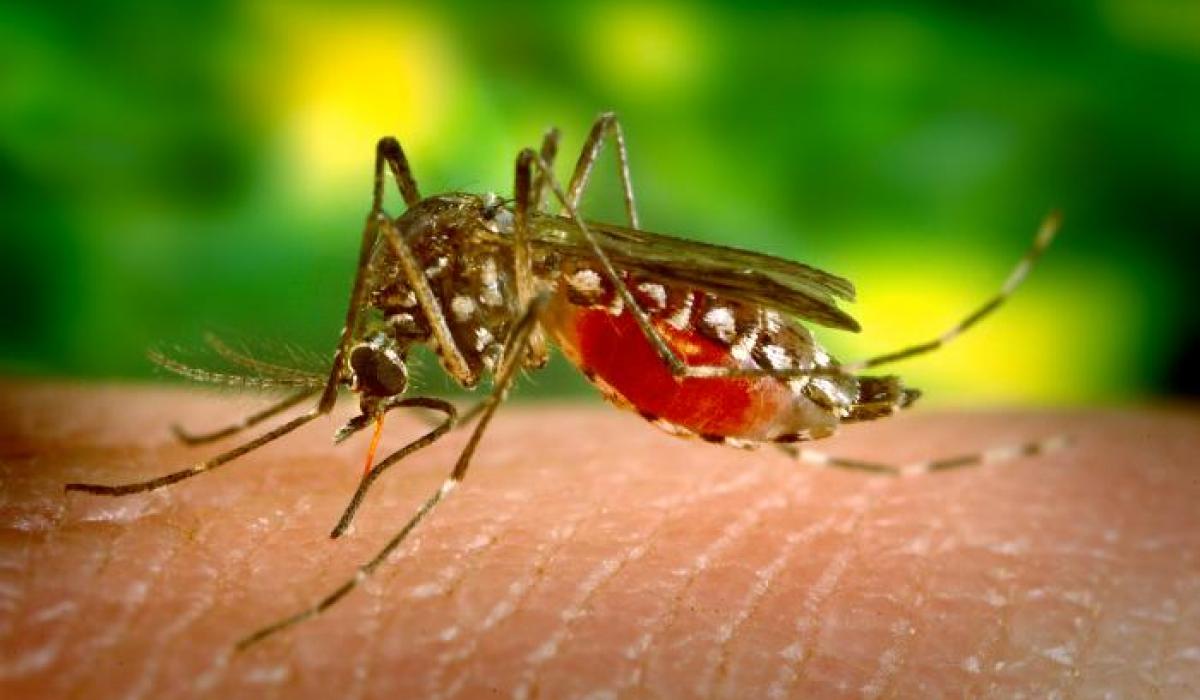
Principal Investigator: Dr Brian B. Tarimo
Project leader/ Coordinator: Faith Mosi
Project Administrator: Ritha Kidyala; Ester Giteta
Funding Partner: Fundação para a Ciência e a Tecnologia, Lisboa, Portugal
Start date: Jan. 1, 2022
End date: Dec. 31, 2024

Rearing anopheles mosquitoes without blood for malaria research and control
This study which will also be known as “MosqDiet”, intends to investigate a novel way for rearing Anopheles mosquitoes that will ensure the mass production of these mosquitoes for various research activities within the institute.
The primary objective of the study is to:
- Optimize a blood-free meal that sustains multiple generations of mosquitoes without loss of fitness relative to colonies maintained on fresh blood.
- Test the use and sustainability of the blood-free meal to rear different Anopheles spp. and their applicability in various African contexts.
- Prove blood-free system adequacy for sustainable experimental infection with Plasmodium spp.
- Consolidate a network of insectaries able to develop and implement research on malaria transmission.
Mosquito rearing in captivity is a major bottleneck and is highly dependent on successfully replicating the mosquito lifecycle, and subsequent use of high blood quantities. The use of blood constitutes a strong drawback due to ethical, financial and logistic issues and therefore, new approaches for blood-free-meals that are cheap and of simple and reproducible formulation are a priority to accelerate progress toward malaria eradication.
The study will be conducted in Bagamoyo for a duration of 2 years from January 2022 to December 2024.
Ifakara researchers involved in the study include:
- Dr Brian B. Tarimo – Principal investigator
- Faith Mosi – Project leader
The project will also involve three other institutions – two from Africa and one from Europe:
- Universidade Nova de Lisboa, Instituto de Higiene e Medicina Tropical, Global Health and Tropical Medicine, Portugal (IHMT-NOVA);
- National Institute of Health Mozambique (INS)Gomes;
- Institut Recherche en Sciences de la Sante/Centre Muraz, Burkina Faso (IRSS/CM).
Support and funding: Fundação para a Ciência e a Tecnologia, Lisboa, Portugal.
